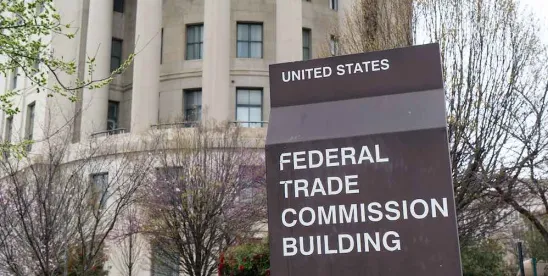My colleagues published an important piece recently about the potential impact that the FTC's proposed non-compete ban might have on M&A transactions and private equity investments. The upshot of this piece, which should be read in conjunction with our prior article describing the rule in detail, explores what business needs to know about the rule's exceptions for “bona fide” sales of business. This exception permits non-competes when a person (which includes a corporate entity) sells an ownership interest in a business entity, or all or substantially all of a business's operating assets.
Transactions must be “bona fide” in nature to qualify for the exception from the FTC's proposed rule. What does “bona fide” mean in this context? The FTC comments say the term means actions taken in good faith, without fraud or deceit, and a bona fide sale is arms-length with “reasonable opportunity to negotiate”. This circular definition is riddled with potentially conflicting perspectives as each party will have differing views of relative transactional bargaining power.
While much remains to be litigated about the proposed rule (the rule detractors are currently betting on the US Chamber of Commerce case pending in the Eastern District of Texas to be first to the adjudicated injunction line), a decision by the rule's September 4 implementation date is not a sure thing. This puts M&A negotiators in a difficult position in the short term. While the impetus for the rule is the claimed benefit for worker mobility, versus business purchasers or investors, little attention has been paid to the tangible and quantifiable value non-competes provide to a business buyer. The FTC has its own take on M&A, citing statistics in its commentary the FTC claims supports the beneficial economic impact it believes the new rule will have on business. The agency believes the rule will drive a 2.7% increase in the rate of new firm formation, and the creation of additional 8,500 new businesses each year.
While the FTC acknowledges that non-competes between sellers and buyers implicate unique interests, its rule does not seem to account for the fact that investors usually purchase businesses to maximize their return, which makes asset protection a priority. A business seller who is allowed to exploit its customers, know-how, and goodwill – some of the many things that make a business valuable – diminishes the post-transaction value proposition. Invalidating a device to secure asset value could have market impact. The law's failure to sufficiently protect transaction assets could influence how much buyers are willing to pay for those assets and how transactions are structured. It seems unlikely that the FTC meant to pick investors' pockets through the implementation of this rule, but the rule's potential impact on valuation could be consequential, to investors and owners alike.




 />i
/>i

